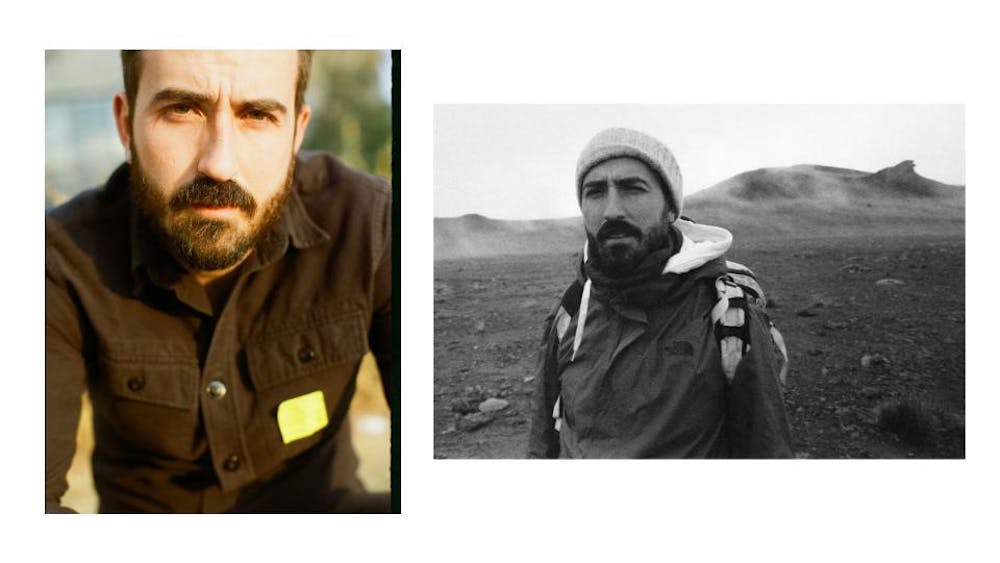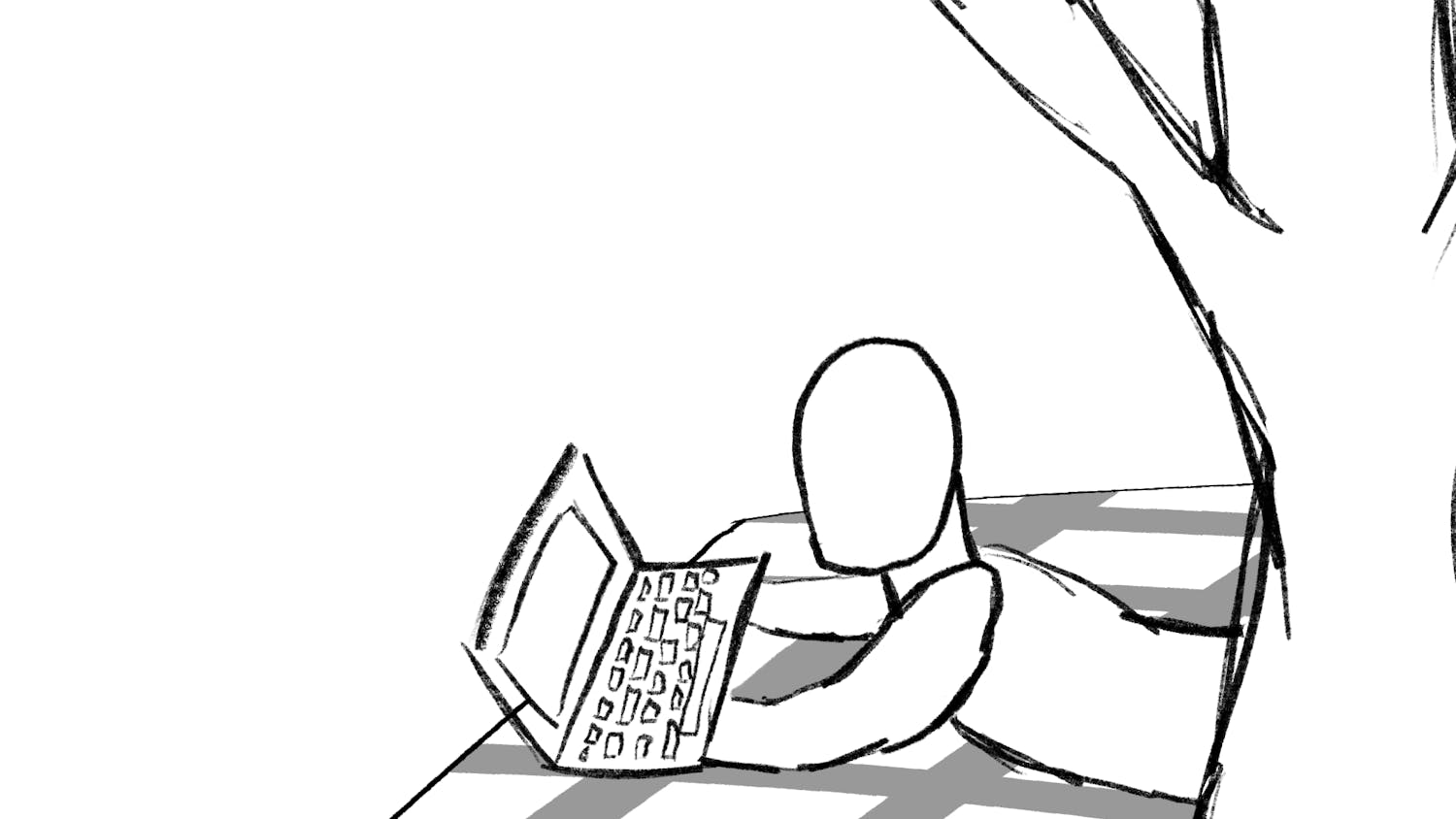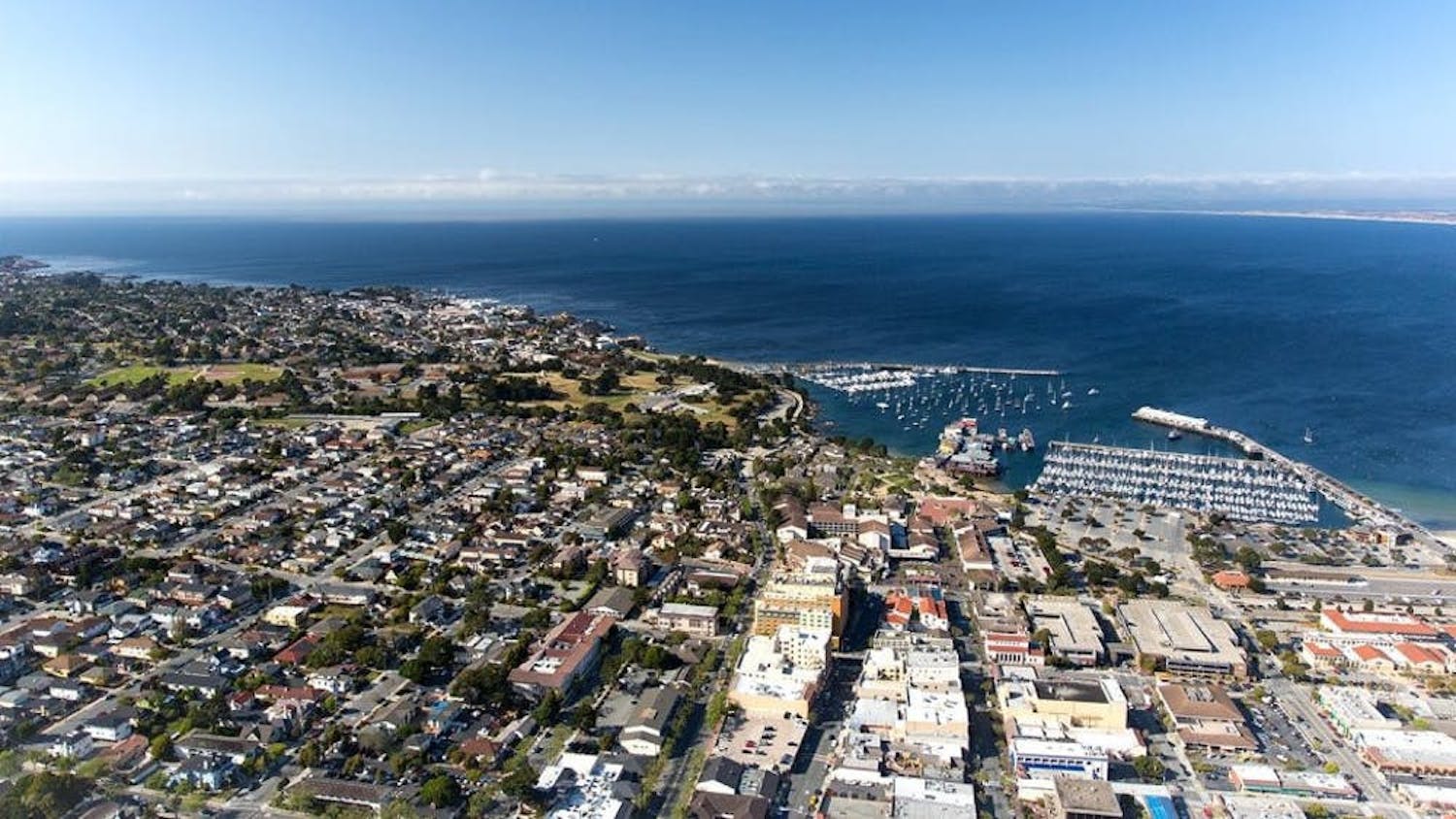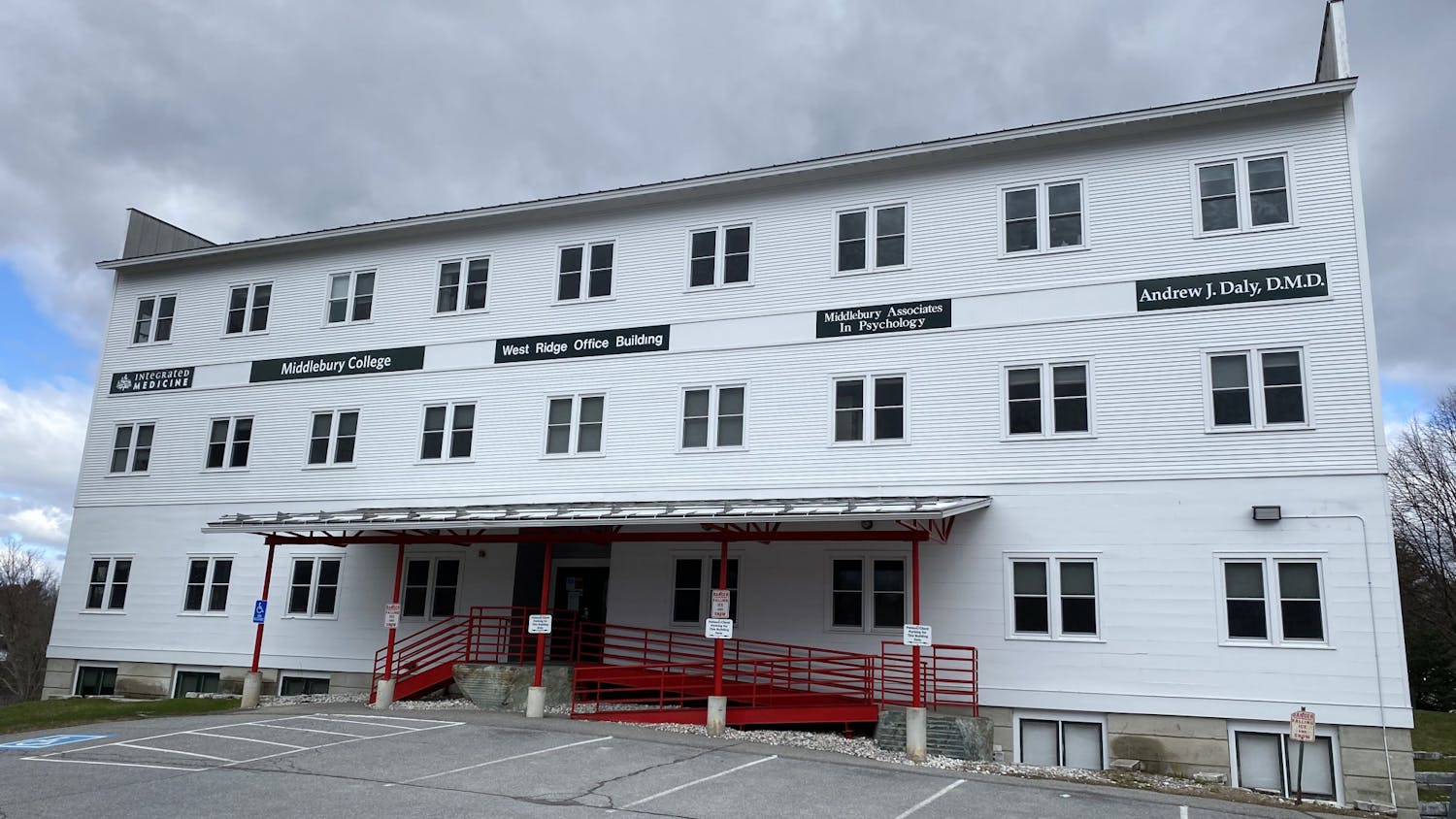Nathaniel Brown ’13 majored in International Politics and Economics with an East Asian focus and is now a freelance filmmaker and photographer. He received a Fulbright Scholarship after college. He has since traveled around the world making documentaries with subcultural communities, including in the United States, Siberia, Indonesia and China. You can listen to the podcast here.
Q: Please introduce a few of your current projects and describe a typical day of work as a freelance filmmaker now.
A: I mostly work in the documentary sphere. As a freelance artist, my time is evenly split between actually shooting, editing, and developing new work. Currently, I am working on a couple projects. One is a performance piece in Indonesia and a documentary piece which is somewhat about climate change, and then [I’m] working on a piece in New York with a dancer who dances in ballroom. And then we have some pieces coming out: one, a documentary done about spirituality in Siberia, and then another piece about garment workers in New York.
Q: What projects do you usually film, and how do you choose them?
A: The majority of projects, and the ideal, would be all projects that I develop and choose myself from from topics that I am interested in. In reality, I think a lot of documentary or all kinds of creative work is a balance of pieces you’re commissioned for. And, a lot of the sustaining work in terms of financially often comes from commissioned work, which you may have less of a creative say in — I’m probably working as a director of photography [in these pieces]. I try for it to be a 50-50 balance of my own personal projects and projects that other people have brought to me. And I think that drew me to film in the first place because. I really enjoy the collaborative nature of working on films.
Q: You have worked in Indonesia, Siberia, and different provinces in China. Have you planned to travel around, or it just happened to be? What’s the best part about this? The most regretful?
A: So, I don’t know necessarily that I planned to travel to the places that I did in particular, but sometimes what amazes me about film and documentary in particular is I love to travel and I love to talk to people about their experiences, but often it feels like you don’t have legitimacy or an excuse to do that. You can go to a place and you can really say like: Oh, hey, I'm doing this documentary; do you have two hours to sit down me? or a day? or a week? I want to learn about things that I don't know about, or [things] that I maybe know about tangentially, or I've researched, but I want to know about them in the flesh, and … actual lived experiences. In terms of regret, it's tough to structure and it's tough to self motivate, and it's tough to get financing. I think that's the necessary evil in the whole process.
Q: Is your current job that you imagined when you were in college?
A: It is not at all what I imagined myself to do when I was younger, or when I was at Middlebury, for that matter. I took a year off before Middlebury that really excited me about traveling and it's not like I totally didn't think that this would be something that I would enjoy, but I just didn’t necessarily even consider it as a possibility, frankly. I got a Fulbright grant after Middlebury and it's so open ended. The subject that I was dealing with, which was young ceramicists in China, was so visual, and I had a camera that had very basic video recording capabilities. And from that experience, I realize that this is actually really interesting, and actually viable as a route.
Q: What is Fulbright? How is it beneficial to you? Did the Fulbright scholarship encourage you to become a filmmaker?
A: The Fulbright is a scholarship or fellowship through the U.S. State Department that sponsors students, or kind of teaching assistants that go abroad to either work in a school or do a research project that is kind of self-motivated. And I was a research scholar. I chose a subject working with young ceramicists in this town Jingdezhen, which is known for porcelain in China and is the birthplace of porcelain in the world. It's really a monumental program and totally life changing in a lot of ways, because I feel like there's very few times, especially when you've just graduated school, that you're given almost free rein and a monthly salary to say: hey, you're interested in this thing? Why don't you just take a little more time with it? The Fulbright just kind of gave me a blank slate and said: hey, you know, you're good enough to try out anything that you want in this period of time, and we trust you, and we know that you care. So just give it a shot. I think [that] is almost even more valuable than any directed encouragement that I could have gotten at the time. Coming out of Fulbright, and even doing the documentary, I wasn't sure that I wanted to be a documentary filmmaker. I did a bunch of different freelance work … and a bunch of different things concurrently, until filmmaking and photography rose to the top as the preeminent priority out of all these other things.
Q: From a Middlebury student to a Fulbright Scholar, and now a freelance filmmaker, what supports you along the way and motivates you to become who you are today?
A: The major motivating factor or the deciding factor, interestingly enough, in terms of deciding a career, was how I felt when I was doing that thing. Early on, during some of the first documentaries — and especially one documentary that I mentioned, which we did in Siberia — the feeling that I got when I was making that documentary… I had never experienced something like that. And it was so energizing, and invigorating, just felt like: wow, this is what I need to spend my time doing. And I just let that guide me and said: okay, well, you know, if life is about using a set amount of time to do something, I might as well use my time to do this.
Q: Would you say that becoming a freelance filmmaker right after college was a courageous decision for you? How did you prepare for this?
A: Freelance is absolutely a tough balance, honestly. It's not impossible. How I first attempted it, essentially, [is] I gave myself an ultimatum: like, you have a year, and you can try it out being freelance. And if I fail, and I don't have enough money to pay my bills or [it’s] just barely enough, then I can get a full time job. What is very possible is to make a sustainable living; that's totally doable. I think the most challenging thing of freelance, if you're creative, is not necessarily making a living, but it's making the kind of work that you want, or making the life that you want.
Q: Lastly, please share some of the most memorable moments as a student in Middlebury. A:I always love the very start of fall when you first get to campus and the very early spring right at the end of every year, where everybody would be outside and have a chance to explore. I think I just really enjoyed quiet moments with a lot of people that I really cared about. And what I will say is my favorite part about Middlebury was probably just conversations that I had with my peers and friends.




